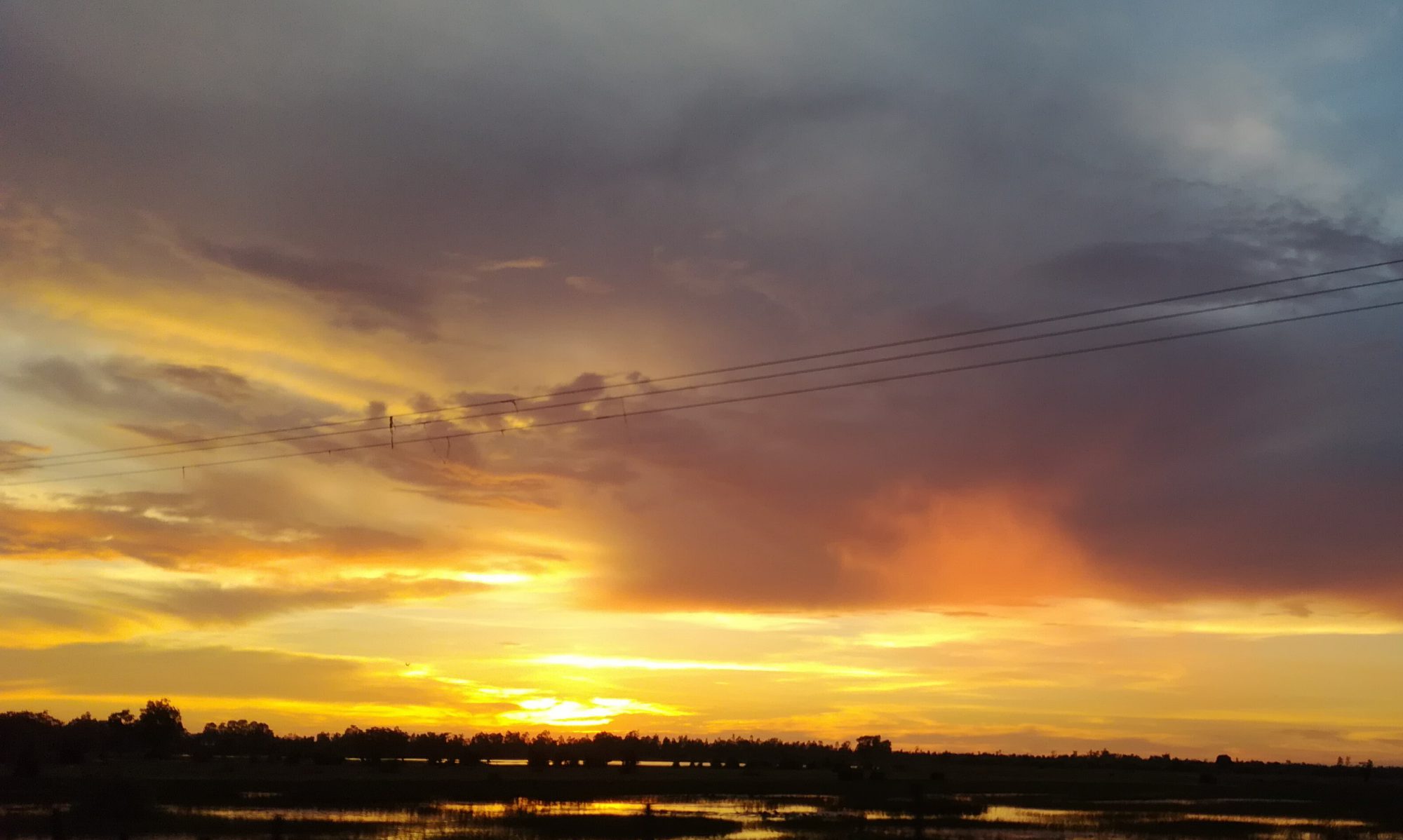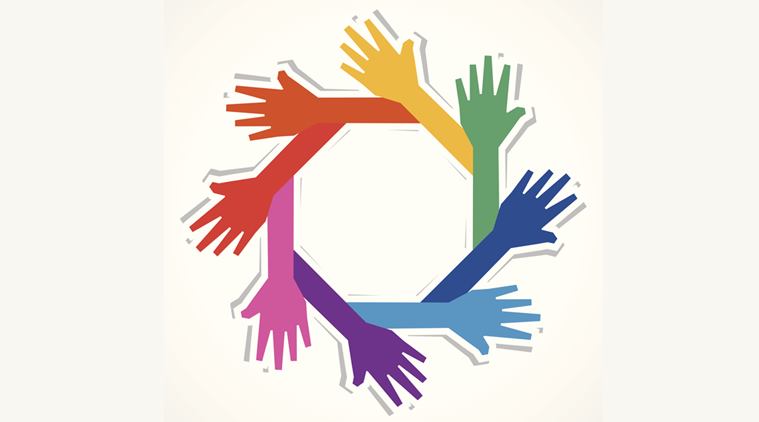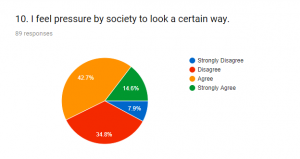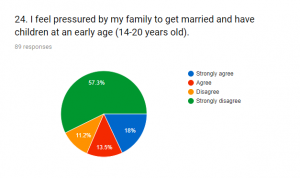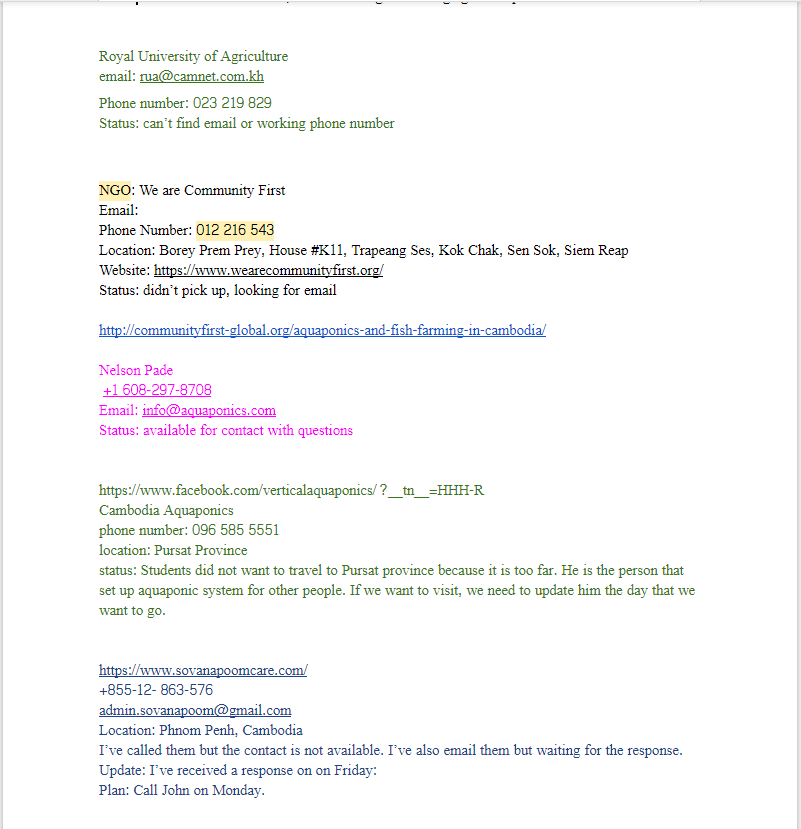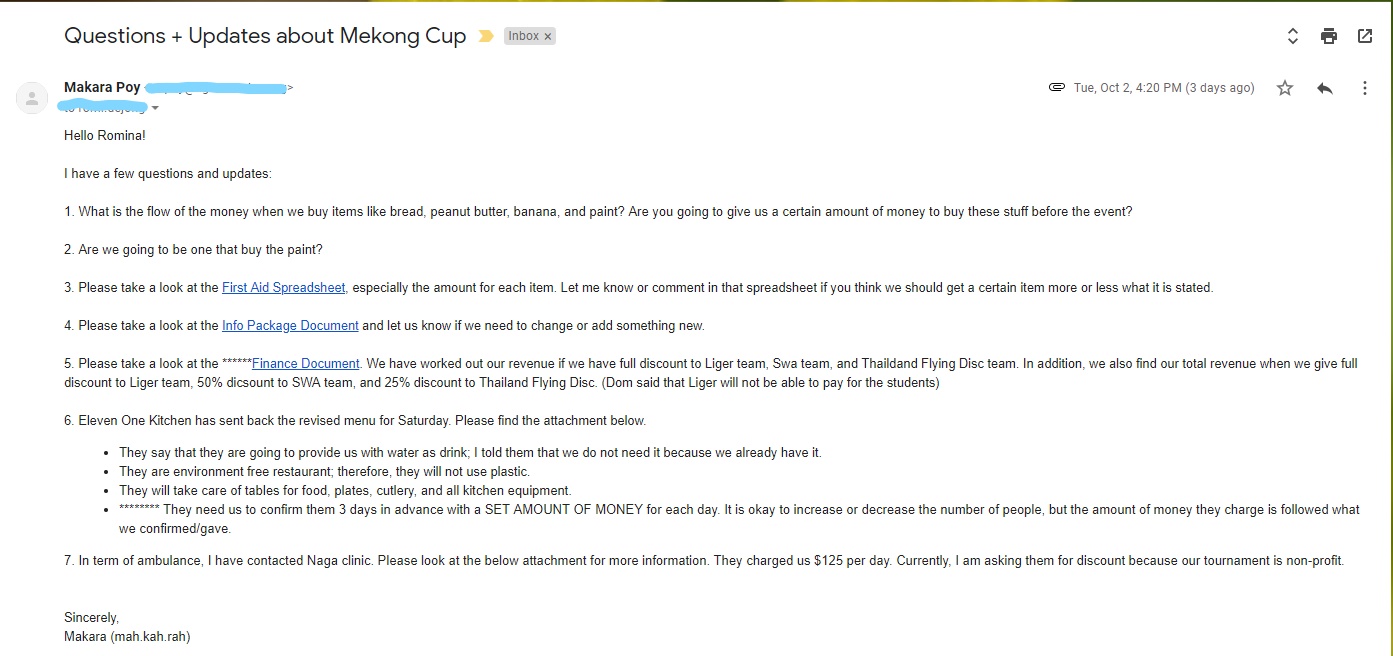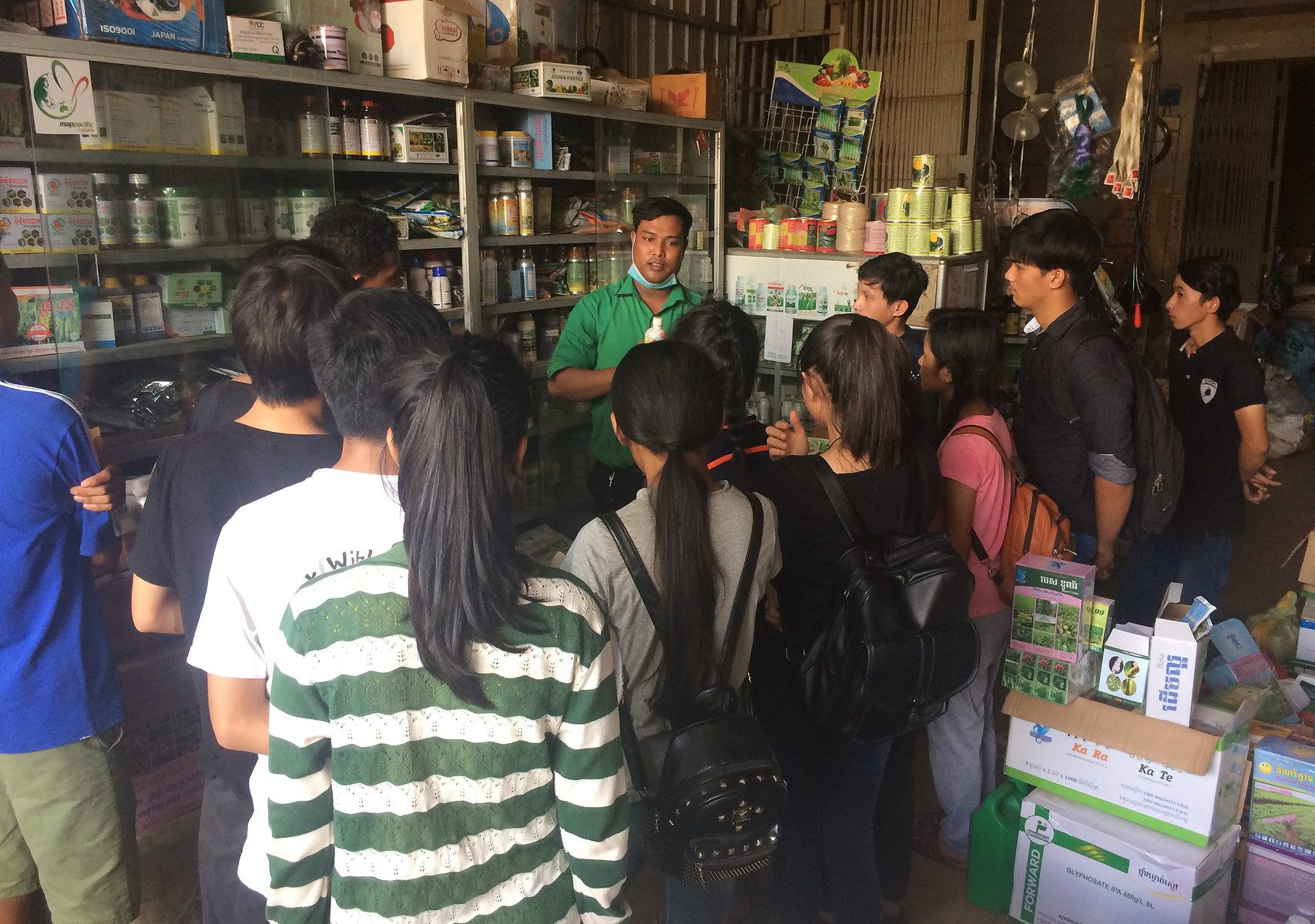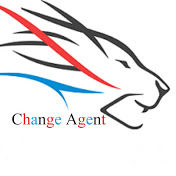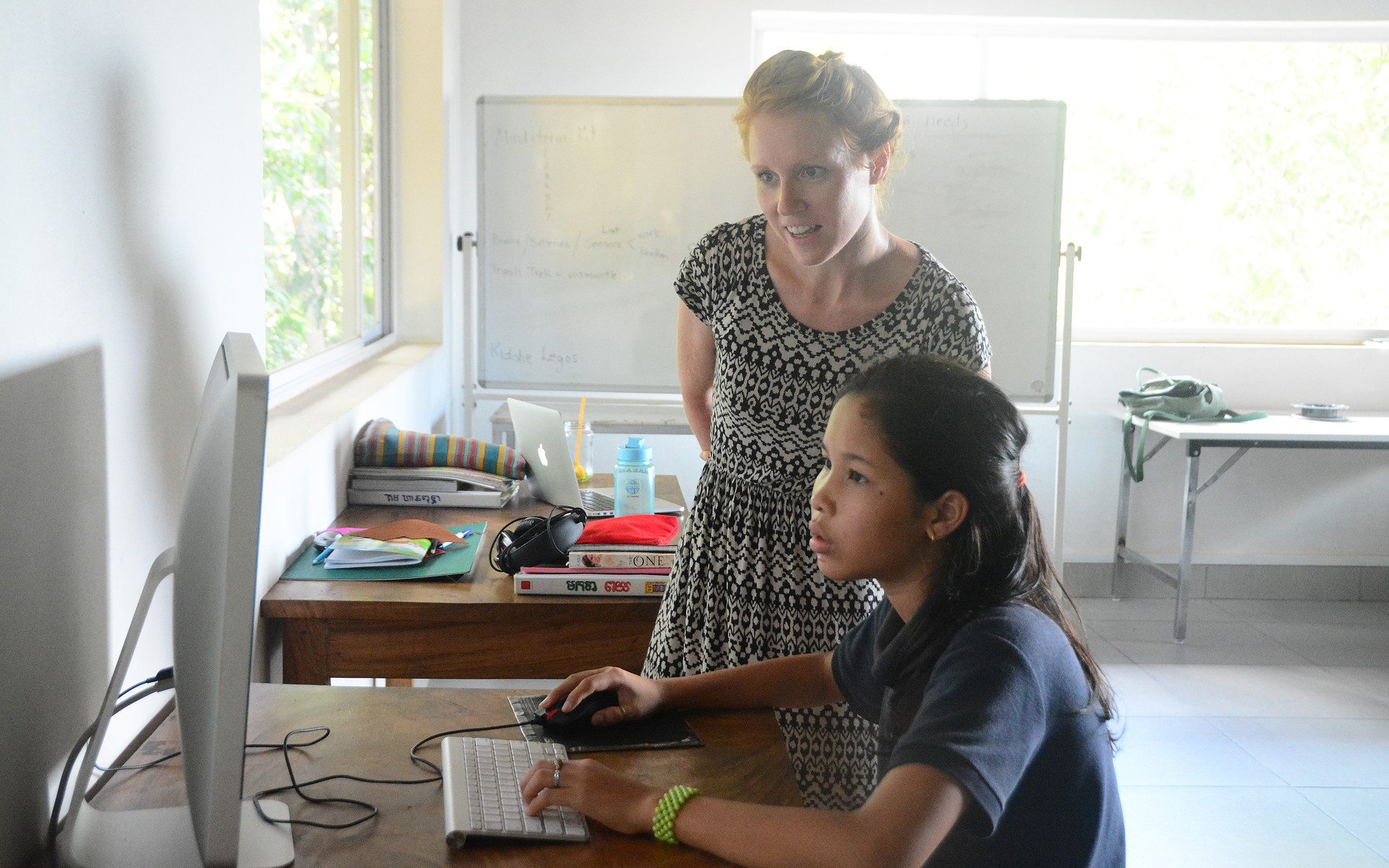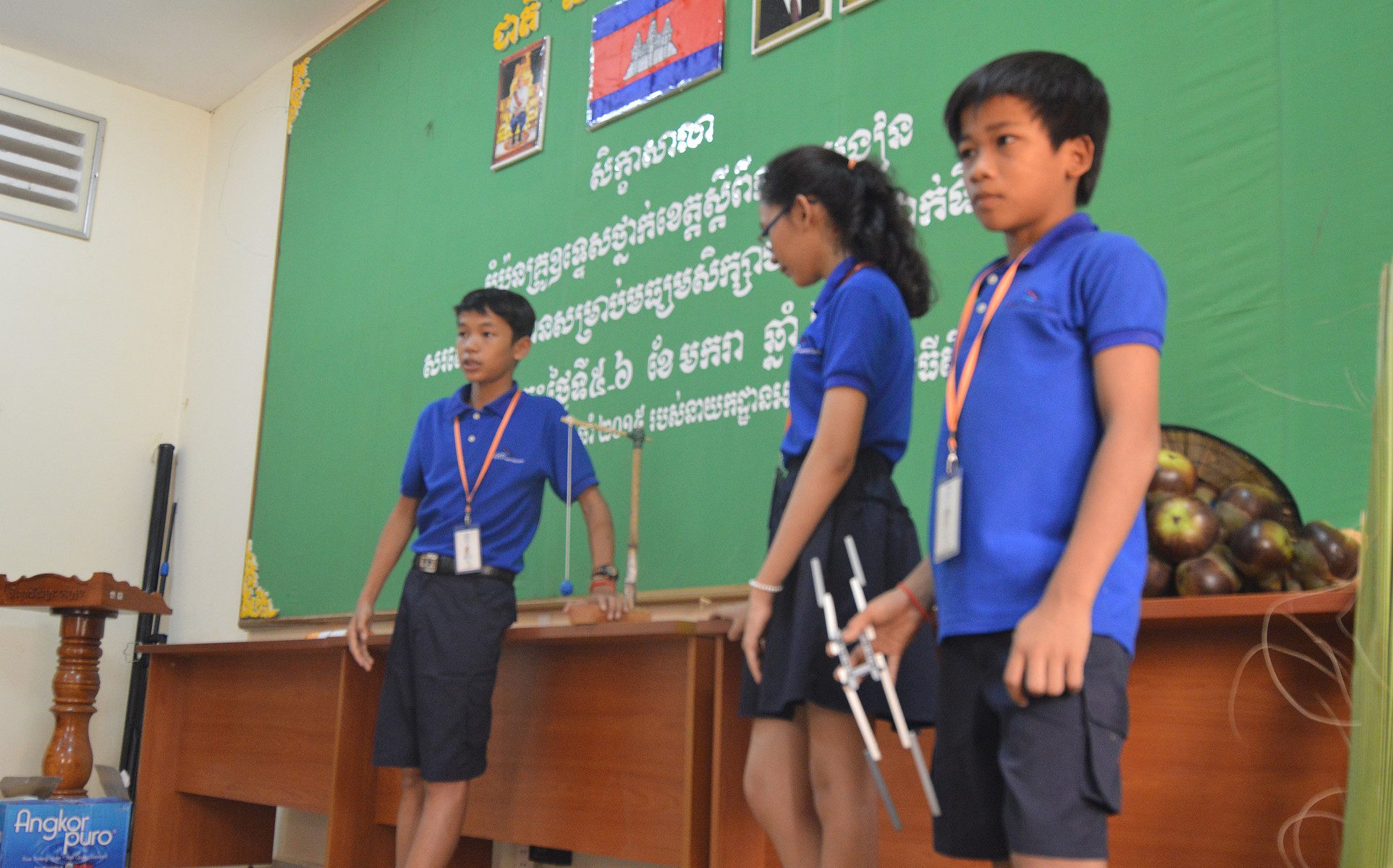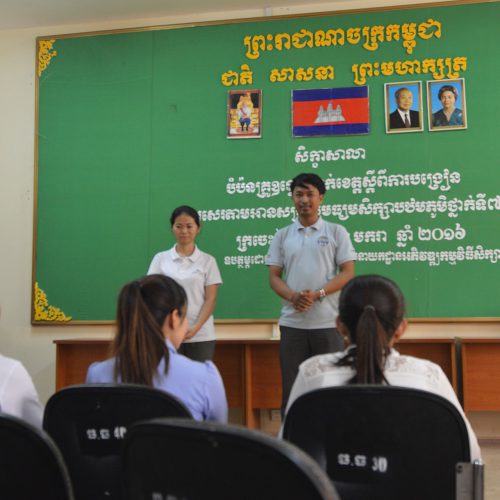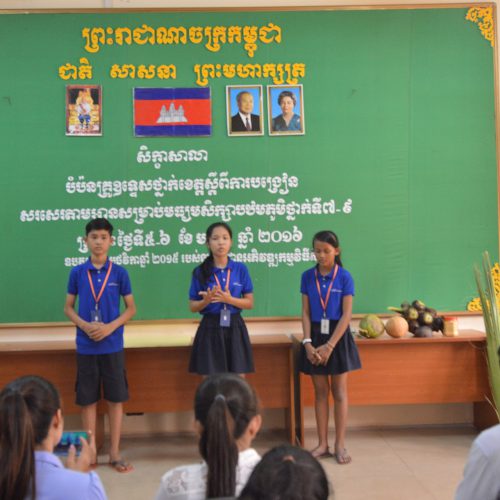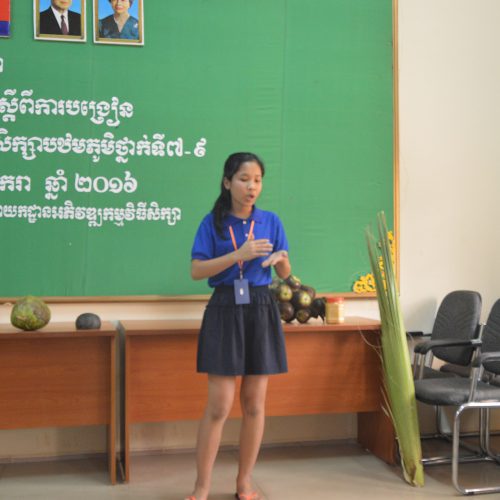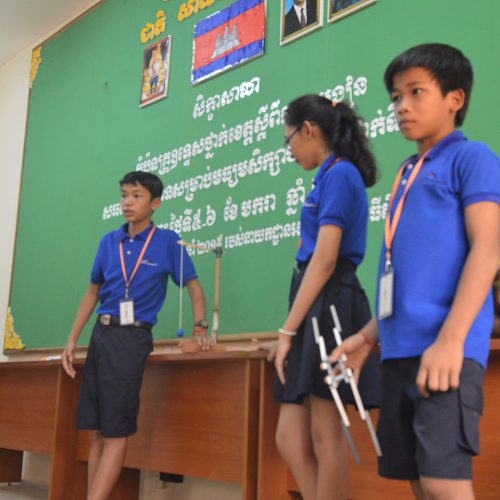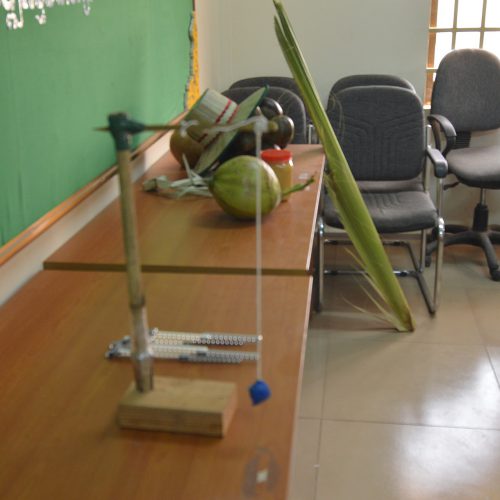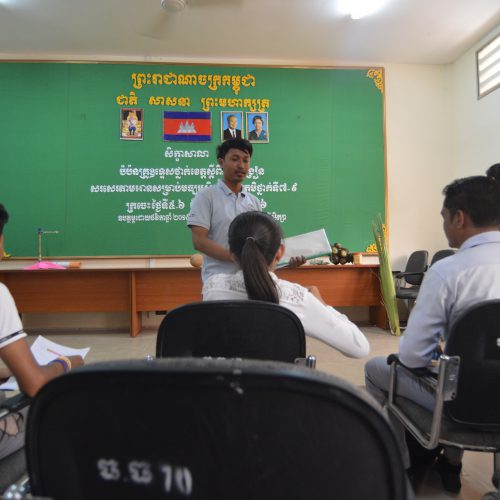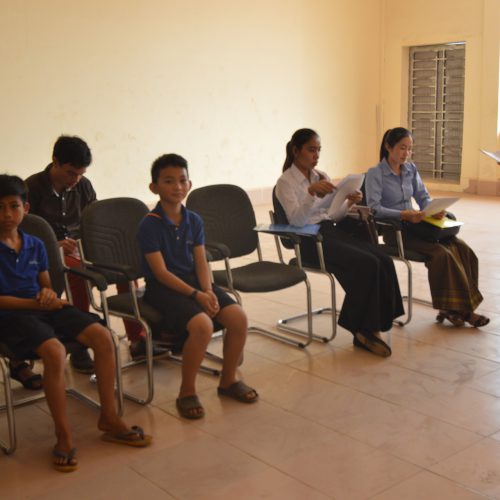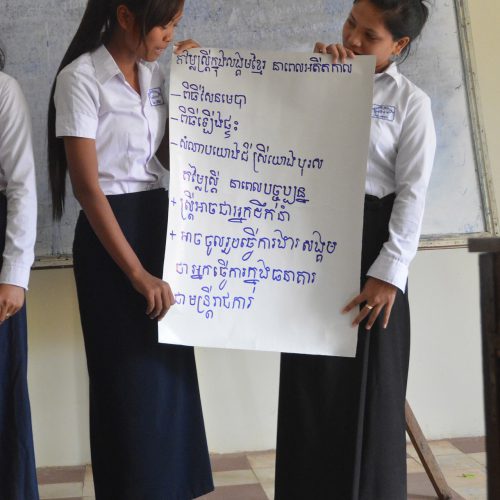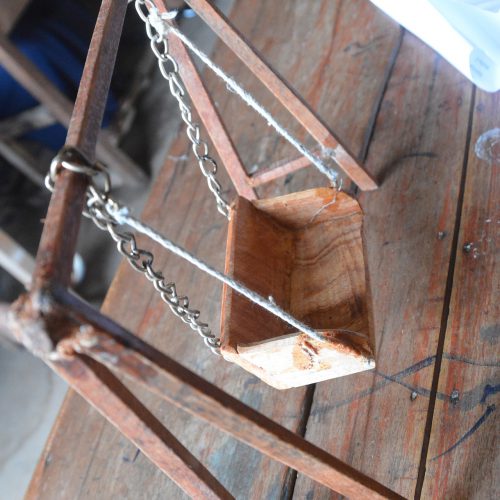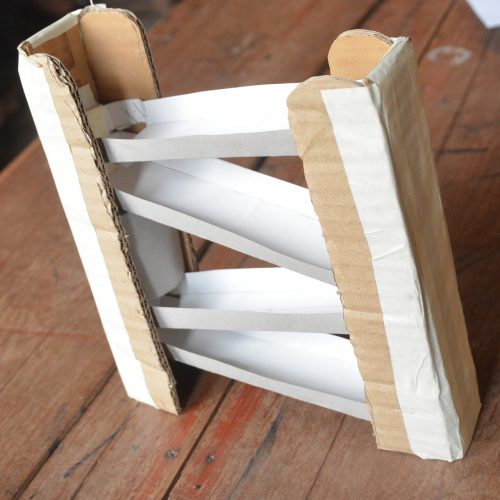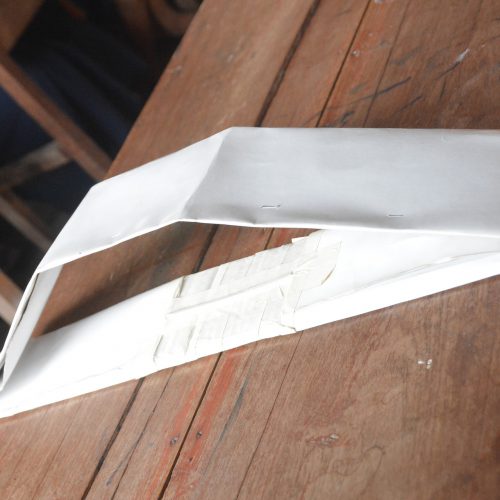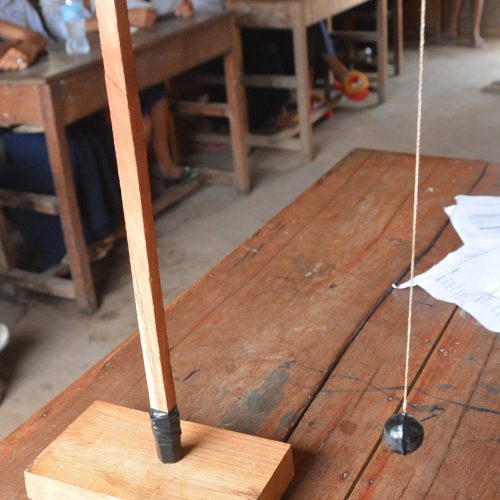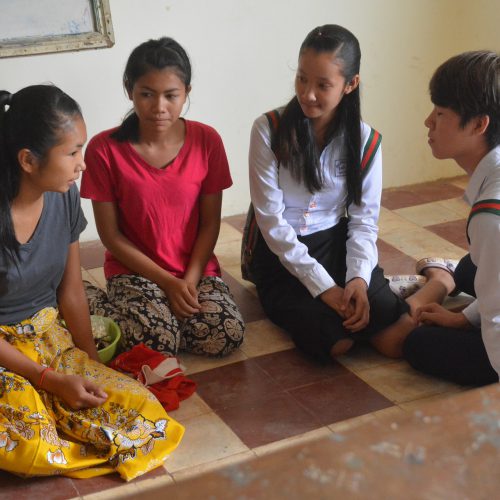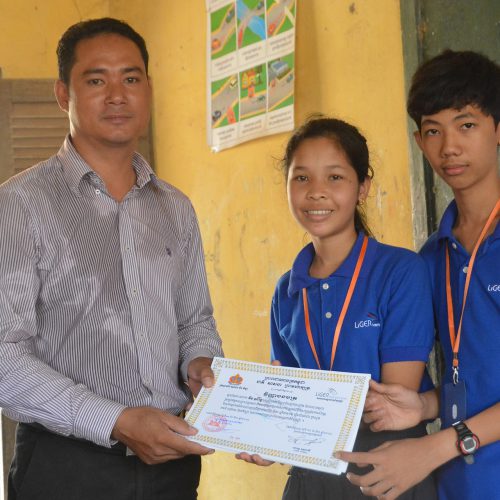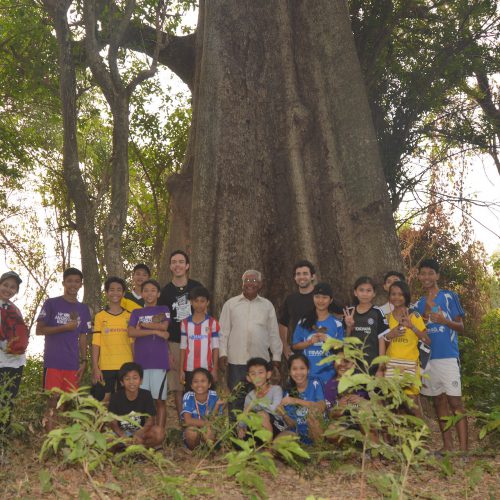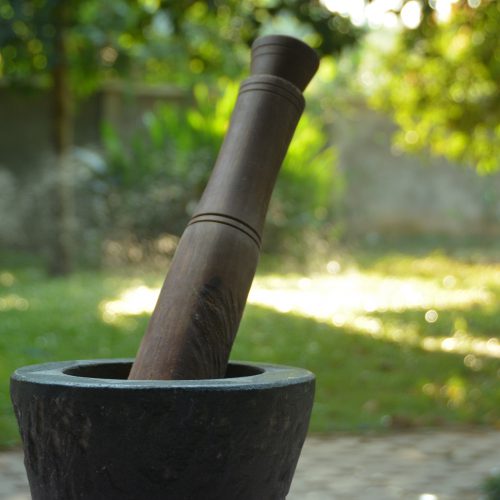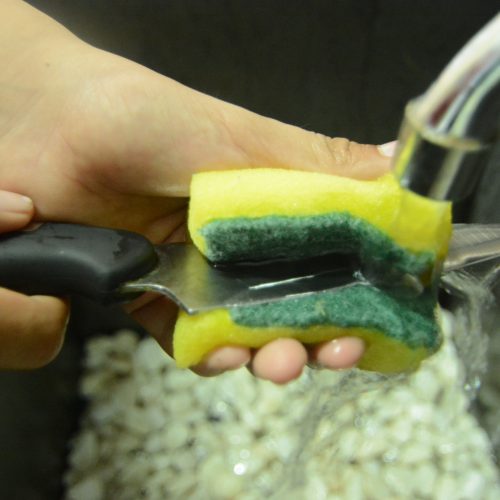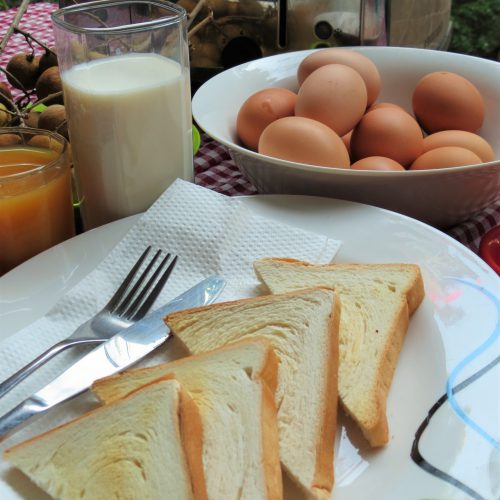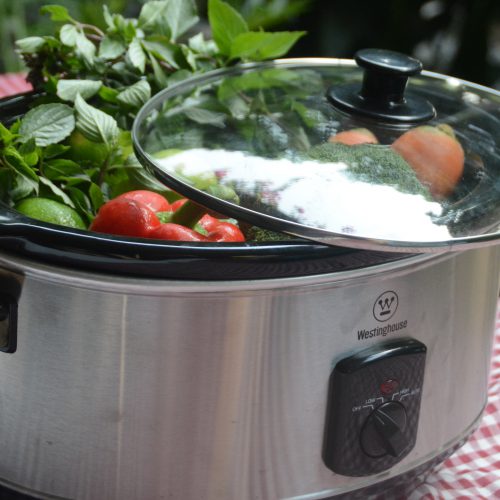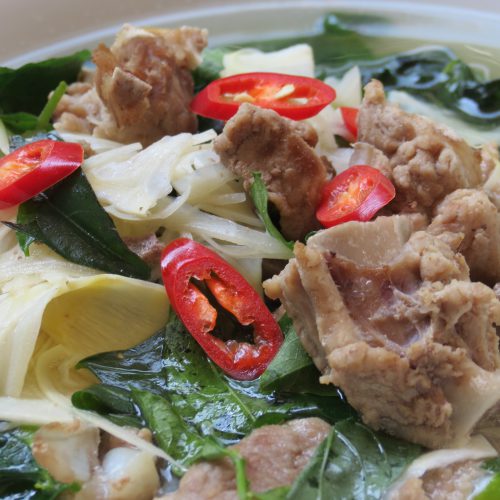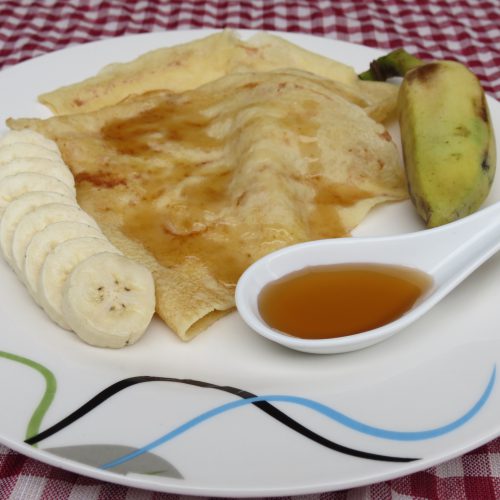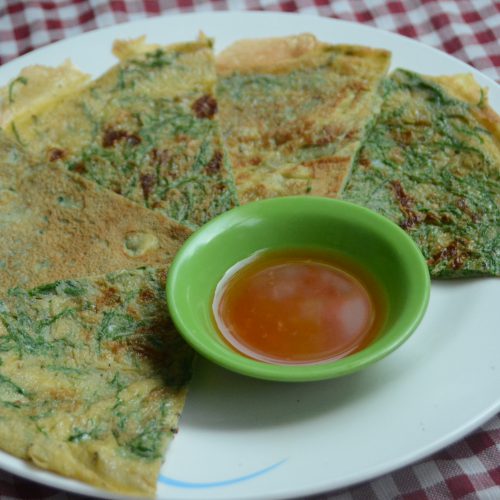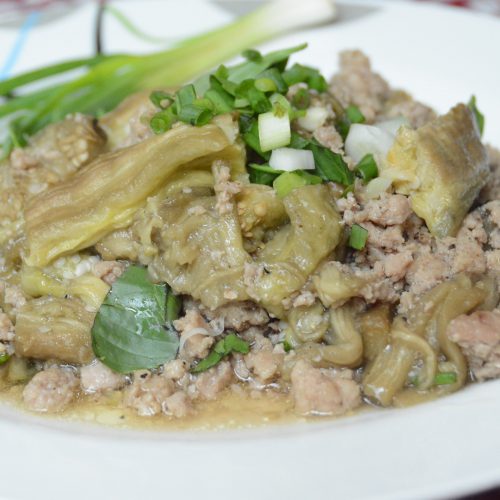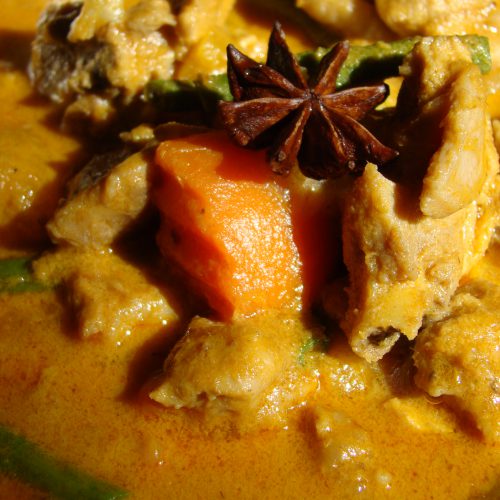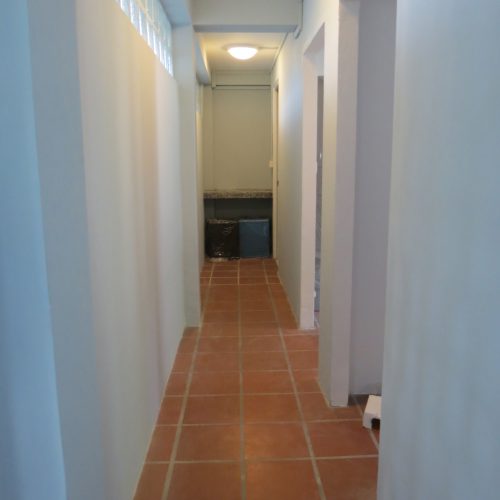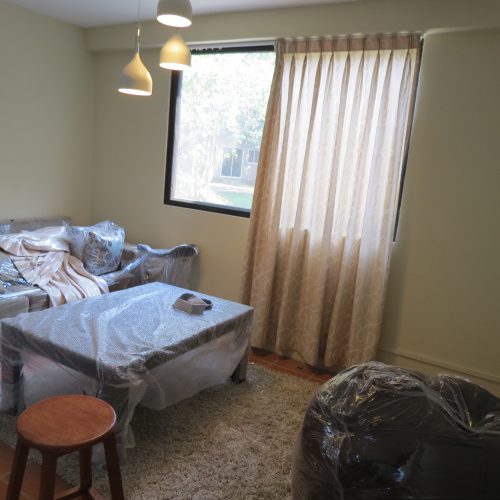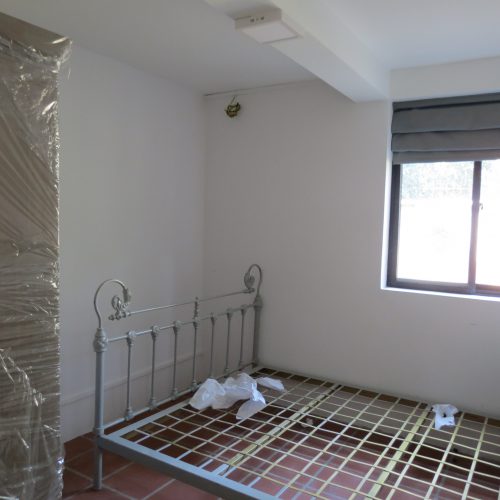Cambodia is still very new to the concept of sexual orientations, especially homosexuality. For instance, in Khmer language, there is no specific terminology to describe different sexual orientations; however, “ktery” is the only word that we use to describe all types of sexual orientations. Additionally, Kantar TNS has collaborated with ROCK (Rainbow Community Kampuchea) organization to conduct a research in 2015 called “Opinions, Attitude, and Behavior toward the LGBT Population in Cambodia” but never once did a research only on public perception toward homosexuality. Their report also mentioned that in the next 4-5 years, there should be another replica of their survey for comparison; in this case, 2019 is the perfect year to do another survey. Because of the above reasons, I would like to conduct a research about public perception toward homosexuality in Cambodia. This research will be an outlet for people to hear what “a boy loves a boy” or “a girl loves a girl” terms mean in Khmer and for people to think critically of what would they do if their children tells them that they are homosexual or should the government legalize same-sex marriage. The more people hear about how to say those terms in Khmer, the more it will become normal for them to use. By the end of this project, there will be data that can be analyzed and shared to everyone, especially students to utilize the findings as a learning resource to better understand the current situation of homosexuality in Cambodia.
Process
Before I joined Research Strand class, I knew that I wanted to conduct a research related to gender issues because of my passion for this topic. There were three main ideas that I wanted to research about: LGBTQ, women, and marriage. Next, I have to come up with 10 thoughtful questions related to those three topics. Since those questions were very broad, I narrowed it down to three questions: why does Cambodian culture placed great value on female long hair? How can we use gender norms for women as strength? What is the current perception of people and government toward gay marriage in Cambodia? Then, I chose “what is the current perception of people and government toward gay marriage in Cambodia” for my research. After thinking about that question for a while, I was not satisfied with it at all because it was too specific. Therefore, I modified it into perspectives toward LGBTQ in Cambodia; however, since it is general and doesn’t have actual Khmer translation, I changed it to public perception toward homosexuality, which is my final research idea. While I was redefining my research topic, I also had to gather contacts of organizations and possible mentors for this research. I have reached out to ROCK and a few people to be my mentors. Additionally, I learned how to organize data and how to be ethical in my research; for instance, give credit to other published data, open to recommendation from others, not react or disagree with people’s opinions, and interpret the information correctly. After knowing how to be ethical and write methodology, I had to write a research proposal.
What have I done?
So far, I have formed 35 questions both in English and Khmer. Next week, I will be meeting with one of the staff from ROCK and Kantar TNS to discuss about my methodology and check my questions.
Before this research rolls out in March, I plan to do a mock interview with most of the Liger staff, who are Khmer. By doing this, I will be better prepare for the real interview with my actual target audience, since I can learn about what went wrong, what went well, and what I need to alter.
Photo Source: Thinkstock Images
